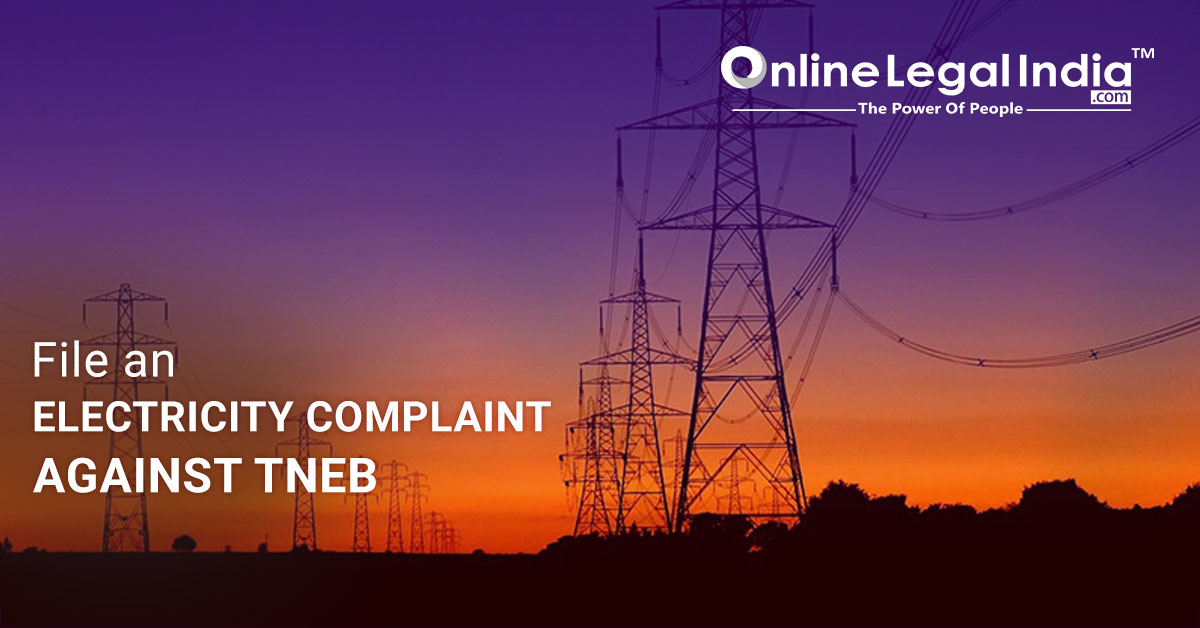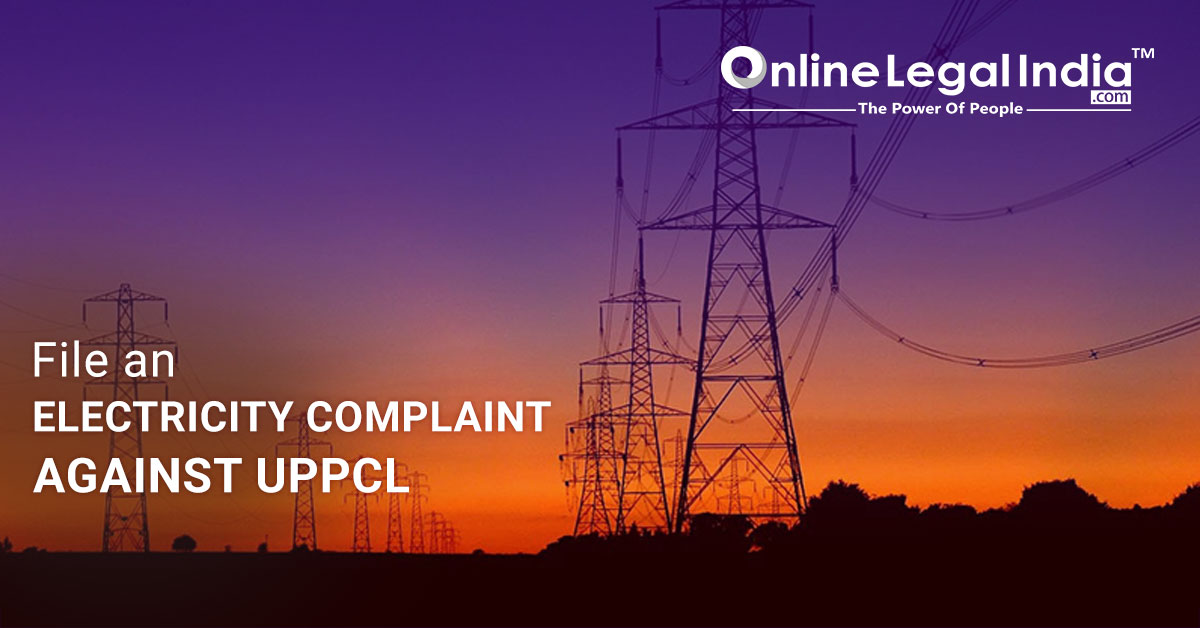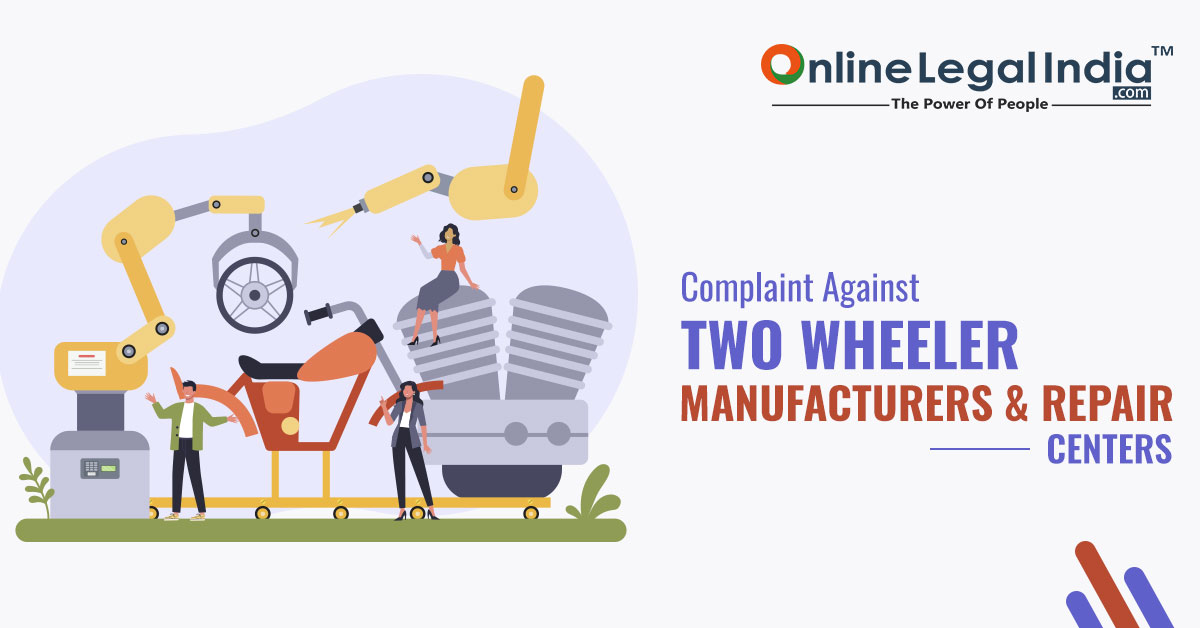How to Trademark your logo and protect your Brand
30 Apr, 2024

 By Online Legal India
Published On 04 Feb 2023
Category Legal
By Online Legal India
Published On 04 Feb 2023
Category Legal
A crime is defined as a state-designated illegal act or omission. A crime or transgression endangers the state, society, and individual. Crimes have been classified as "blue-collar" or "white-collar" in recent years, depending on their nature, aim, mode of operation, and repercussions.
Though not an established legal categorisation, "blue-collar crime" refers to and categorises a broad range of offences. For the sake of clarity, blue-collar crime refers to a crime done for the immediate advantage or gain of the individual or group involved.
The phrase "blue-collar crimes" was coined to describe crimes perpetrated by those from the working or lower levels of society. It is widely accepted that persons in the lower levels of society are more likely to be forced towards crime for survival rather than greed or power. During the 1910s in America, manual labourers from society's lower segment frequently wore blue shirts to hide stains after long days at work. The phrase "blue-collar workers" was used to describe low-income earners.
Blue-collar crimes are said to be motivated by passion, fury, other emotions, unemployment, or other factors. Blue-collar crimes are those that do harm to persons or property, such as burglary, property crimes, theft, murder and other violent crimes, assault, sex crimes, breaking and entering, and drug offences.
White-collar crimes, as opposed to blue-collar crimes, are nonviolent crimes perpetrated by those who routinely exploit their positions of authority to profit themselves or others from social, economic, or technical progress. This category often includes fraud, bribery, Ponzi schemes, insider trading, theft, cybercrime, copyright infringement, money laundering, forgery, and corruption.
Other contributing elements include the possibility of committing a crime, environmental pressure, etc. Some offenders may not consider it a crime since the activities involved do not match street crimes. Some businesspeople believe they are justified in committing these crimes because government rules do not understand the business world, their actions, or the problems of competing in the free enterprise system. These crimes are also committed by people who are well-established in society and their professions on all three counts: socially, economically, and professionally. Ordinary people usually cannot discern these crimes, though they know their consequences.
Since the industrialisation and colonialism of the eighteenth century, the concept of white-collar crime has evolved enormously. This has proliferated internationally as business and technology have advanced. To blame is the meteoric rise of economies and industries over the last two decades.
These put a more comprehensive section of society at risk since they directly influence the nation's finances and inflict significant financial hardship. They are major offences because they have a serious societal impact. Tax evasion, black money flotation on the market, and money laundering are examples of such offences committed primarily for personal benefit at the price of severe damage to the State.
Parliament has adopted white-collar crime legislation on occasion, which has proven to be somewhat deterrent.
The Criminal Law (Amendment) Ordinance, 1944 (XXXVIII of 1944) was passed to prohibit the sale and concealment of property gained via deception, fraud, or corruption. The law mentioned above, however, does not apply to all offences listed in the Indian Penal Code.
The Smugglers & Foreign Exchange Manipulators Act, introduced in 1976, concerns the forfeiture of unlawfully acquired property by smugglers and manipulators, as well as matters linked to and incidental to it.
The Narcotic Substances and Psychotropic Substances Act of 1985 makes property resulting from or utilised in the unlawful trafficking of narcotic drugs criminal. In their efforts to decrease crime, the Lokpal and Lokayuktas Act of 2013 and the Prevention of Corruption Act of 1988 precisely target categories of people.
The purchase of properties with a Benami nature or within the scope of Benami transactions is covered domestically and abroad under the Fugitive Economic Offenders Act 2018. It is compatible with the Prevention of Money Laundering Act 2002 because the Enforcement Directorate executes the legislation. A person is regarded as a fugitive economic offender if a non-bailable warrant has been issued against them for one of the scheduled offences enumerated in the Act, and they have either fled India to escape criminal prosecution or refuse to return to India to face the allegations against them.
The Prevention of Money Laundering Act is the cornerstone of India's legal system, and it was enacted to combat this type of crime and money laundering. It includes two simultaneous provisions: one for property attachment and seizure, and one for a criminal prosecution, with a maximum term of seven years and ten years in extraordinary circumstances.
The effects of White-Collar Crimes-
This crime costs businesses a lot of money. So, to make up for the loss, these corporations eventually raise the price of their product, reducing the number of people that buy it. This operates on the basis of the law of demand, which asserts that other things being equal, when the price of an item rises, its demand falls, and when the price falls, its demand grows.
In summary, the commodity's price is inversely proportionate to its demand. Employee pay is reduced since the firm is losing money. The firm sometimes eliminates several employees' positions. That company's investors and employees are having difficulty repaying their debts. People are also finding it difficult to get their credits.
Employees are put in danger as a result of this crime. They become aware of their working environment and whether or not they are safe. They begin to question if they are safe and whether they can continue to put their confidence in the organisation.
Customers are most concerned about whether or not the things they are using are safe. This uncertainty has grown as the rate of white-collar crime has increased.
These crimes are destructive to society because they are committed by persons who should be held up as moral examples and who must act properly. As a result, society gets contaminated.
When a former Andhra Bank director and the directors of a Gujarat-based pharmaceutical business, Sterling Biotech, were arrested for their roles in a 5000 crore fraud case. They used to take money from various benami corporations' bank accounts. This was a massive con that terrified the public. In 2018, the Punjab National Bank (PNB) discovered fraudulent transactions of 11,346 crore rupees in its Mumbai branch.
Stock fraud or trading scandals, such as those in the United States in the 1980s, cause consumers to lose trust in the stock market.
The authorities have disagreed on the concept of crime. Because there are no accurate data to analyse the causes and repercussions of such crimes, the government cannot take precise actions to prevent them. Furthermore, despite these crimes being on the rise, they are rarely recorded. Because these crimes are performed on camera, there are no eyewitnesses. This means that the offenders commit these crimes while sitting in a locked room or their own space using their computers, and nobody knows what they are doing on their computers.
This makes it harder to trace the perpetrators. All of these loopholes encourage criminals to conduct such crimes boldly because the punishment is also short-term, unlike in blue-collar crimes. Offenders are frequently observed walking freely, posing a threat to society.
Offenders usually target older persons with limited access to financial assets and worse cognitive abilities than younger ones. As a result, they become an easy target for criminals. Moreover, victims of such crimes frequently experience sadness and suicide ideation since the loss is sometimes insurmountable.
The scope of this crime is broad. Some of the crimes documented in India include:
Section 503 of the Indian Penal Code describes blackmailing or criminal intimidation as making a demand for money or any other compensation by application of threat to inflict bodily hurt or to cause damage to one's property, or to accuse one of a crime, or to divulge persons' secret.
When someone uses another person's unauthorised credit card to purchase products of value, he is said to have perpetrated credit card fraud against the other person. According to research published by the Economic Times, over 900 incidents of credit/debit card and online banking fraud were discovered between April and September of this year. All of these incidents involved sums of one lakh rupees or more. Mr. S.S. Ahluwalia, Minister of State for Electronics and IT (2018), stated that the Reserve Bank of India had detected a total of 921 incidents of credit/debit card fraud till September 30th, 2018.
In 2017, a Metropolitan Magistrate became a credit/debit card fraud victim when he received two messages for two transactions made with his debit card outside of India. The victim stated that the transactions were made without his permission. A cheating case u/s 420 of the Indian Penal Code, 21860, was filed.
When a person entrusted with money or property to utilise for their personal use and advantage begins to use it in any way other than what was given illegally, the individual is responsible for embezzlement. Embezzlement can be classified as a criminal breach of trust, as specified in Section 405 of the Indian Penal Code, 1860.
It defines a criminal breach of trust as an act in which a person entrusted with property misappropriates or wrongfully converts it to his use or disposes of it without the law's permission. Embezzlement is the misappropriation of another person's property to cause loss to the other person, and illegal misappropriation is a crime punishable under Section 403 of the Indian Penal Code, 1860.
Sometimes, someone may use fake documents to get insurance from an insurance provider. For example, a person can inflate the worth of her property on fraudulent documents and receive insurance for the inflated sum. They construct the documents in such a way that they appear real, and the insurance company is duped.
A kickback scam occurs when one person pays another with something of value to persuade the other to make a favourable choice.
It refers to a person's improper behaviour or criminal act in which he engages in illicit business for profit.
Securities fraud occurs when a company's broker incorrectly displays inflated stock prices to entice customers to invest in his stock.
Telephone Fraud
These scams, sometimes known as telemarketing fraud, are committed over the phone. In this case, a person is contacted to invest in the development of a charity organisation or to provide their bank account information to acquire a particular sum for philanthropic causes. The sum collected is then used for any reason other than the one for which it was taken.
Bribery is a white-collar crime in which a person requests money, a favour, or something of value in exchange for completing another person's task.
Bribery is punishable under Section 171E of the Indian Penal Code, 1860, which states that anybody who commits such an act would be imprisoned for up to one year, fined, or both. In addition, Section 13 of the Prevention of Corruption Act of 1988 penalised conduct committed by public officials that constitute an offence under this heading.
As the usage of computers and the internet grows, so does the criminality associated with it. Cybercrime refers to crimes that include using a computer in conjunction with the use of the internet. It uses a computer as the object of a crime or as a tool to conduct an offence.
Conclusion
The Enforcement Directorate (ED), a law enforcement organisation in India, is responsible for implementing economic laws and pursuing financial crime. The Enforcement Directorate's principal tasks include investigating money laundering offences under the PMLA, taking steps such as attaching property if it is proven to be the proceeds of crime resulting from a Scheduled Offense under the PMLA and prosecuting individuals involved. India is a full member of the Financial Action Task Force and adheres to its principles.

How to Trademark your logo and protect your Brand
30 Apr, 2024

How to Trademark My Company Name in India
29 Apr, 2024

Know the Cost to trademark a name and all the fees required
23 Apr, 2024

How to Register a Brand Name
17 Apr, 2024

How Can You Download FSSAI Certificate?
15 Apr, 2024

Consumer Complaint against Tamil Nadu Electricity Board TNEB
30 Nov, 2020

How to Take Legal Action against Mental Harassment in India?
07 Nov, 2020

UPPCL Uttar Pradesh Power Corporation Ltd. Complaint Filing
19 Nov, 2020

How to File a Complaint Online in Consumer Court in India
27 Nov, 2020

Online Complaint Filing against Hero Motocorp
04 Dec, 2020